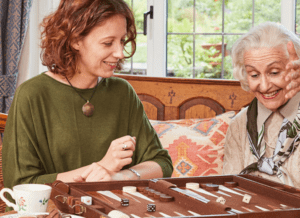Advocates in health and social care
Your complete guide to getting someone on your side
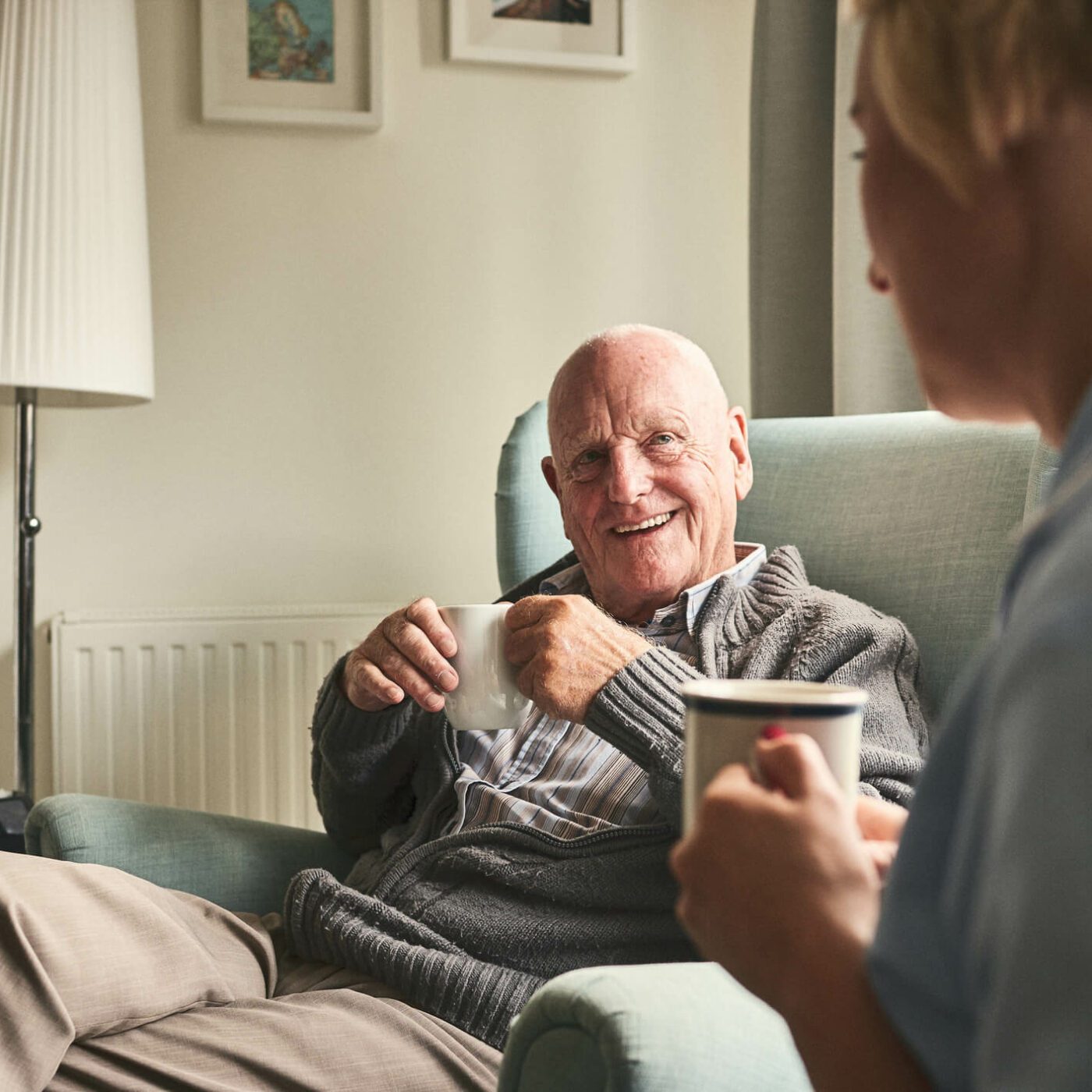
Quick overview
An advocate is an independent expert who can help support you in navigating the social care system.
As well as provide practical advice, they can work on your behalf to ensure all the rules are being followed correctly, and you’re getting everything you’re entitled to.
A lot of the time, advocacy is free – provided by a range of independent charities. It can be a really useful resource when approaching the care system for the first time.
Advocates in health and social care are there to support you through complex processes. And it’s no secret that it’s not easy trying to navigate your way through the health and social care system. That’s not to say that health and social care professionals won’t try and look out for you – they usually will – but oftentimes they’re just so busy that they don’t have enough time to pay you the attention you deserve – and need.
It’s not easy trying to do things like arrange a care needs assessments or financial assessment, organise your personal budget, manage your direct payments, or make a complaint or lodge an appeal.
Doing things like these often requires a professional understanding of the law and how the system works. Doing it yourself can be tough, particularly when you have your own day-to-day life to get on with.That’s where independent advocates come in. They make sure your rights and interests are protected.
Independent advocacy is when someone from a not-for-profit organisation gives you advice and support on how to make the right choices for you when it comes to decisions on your health and social care.
Ultimately, the role of an advocate is to support people through complex processes. There are five main types of advocacy service:
Care and support advocacy
Getting care from your local council can be complicated. It can be really helpful to have an advocate in your corner. They’ll help get the best for you by working with your social worker or the social services team within your local authority.
There are some key moments in your care planning journey through when an advocate can provide really helpful support:
- Organising and attending your care needs assessment
- Making and reviewing your care and support plan
- Helping you arrange your personal budget
- Appealing a decision
- Making a safeguarding enquiry or arranging a Safeguarding Adults Review
- Help to ensure you get your desired care option – for example, live-in care
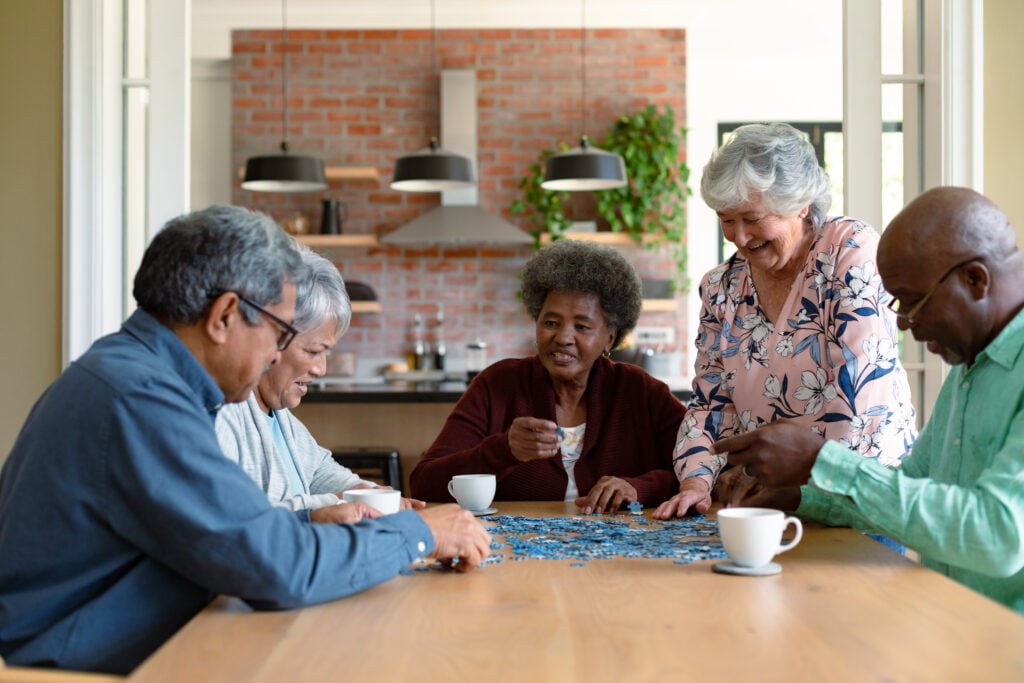
Want to find an advocate?
We can help. If you’d like Elder to connect you to an advocate in your area that provides the services you need, give us a call on the number below.
However, even if you aren’t, and even if you don’t think you would have ‘substantial difficulty’ in being part of the process, we strongly encourage you to reach out to an independent advocate for support anyway.
They’re trained professionals who know the system inside out. Having their support is always a bonus, and often a very influential one that will have a big impact on the decision-making process.
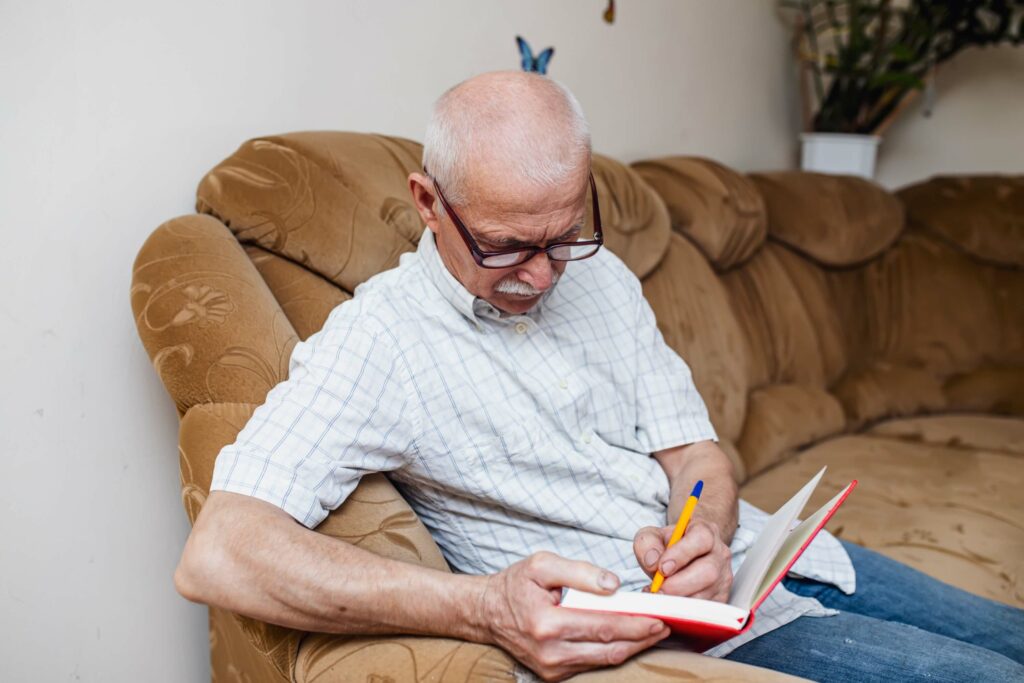
Community advocacy
A community advocate is someone who helps you if you:
- Need help to speak up for yourself or give your views
- Have problems getting people to listen to you
- Feel vulnerable or think you’re being discriminated against
- Need help to access services that can support you with your health, wellbeing or independence
A community advocate can help you by writing letters, making phone calls, and by arranging and going to meetings.
Issue-based advocacy
An issue-based advocate is someone who helps you if you would like to make a complaint about the NHS, or if you’ve experienced domestic or sexual abuse.
When it comes to the NHS an advocate can:
- Provide information about how to complain including who to complain to
- Explain the complaints process and your options at each stage
- Support you when writing letters to relevant organisations or bodies
- Prepare you to be ready for complaint meetings and go along with you
- Help you to refer your complaint to the Health Service Ombudsman if you are not happy with the response you receive from the NHS service – for example, NHS Continuing Healthcare funding
- Signpost you to other organisations which could provide further support
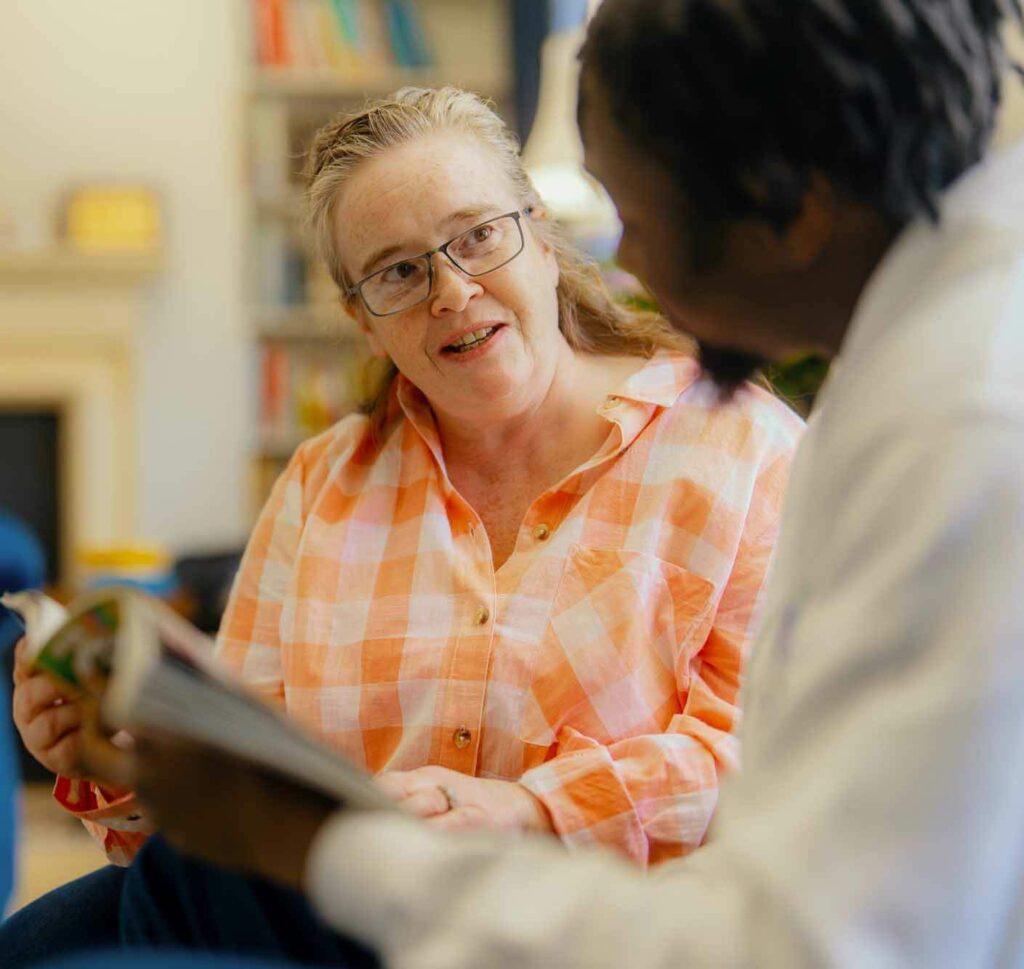
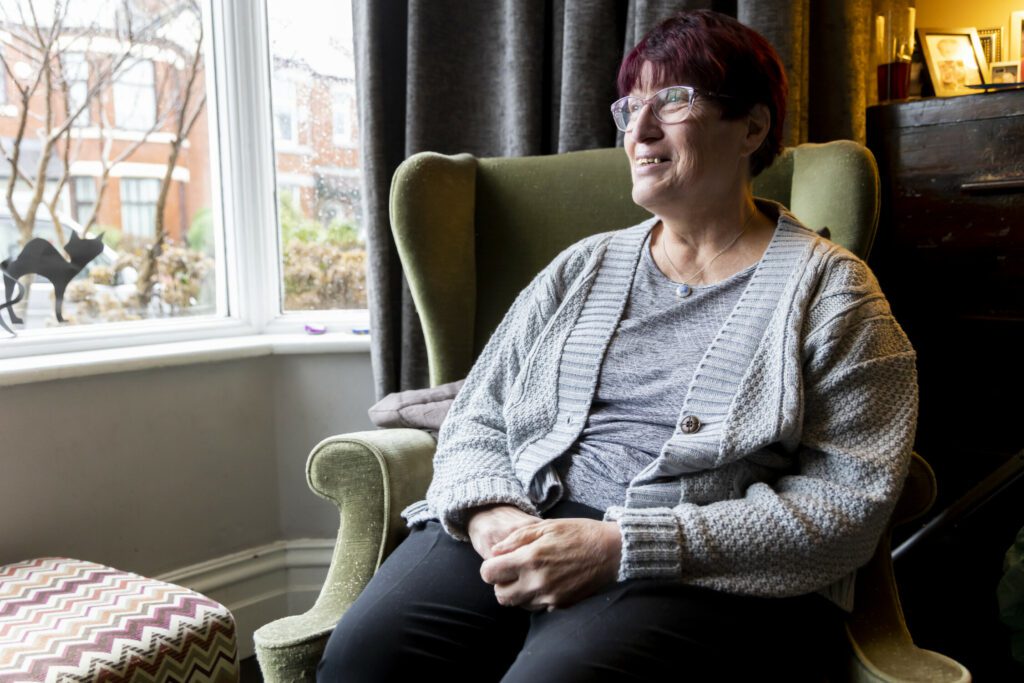
Domestic or sexual abuse
When it comes to issues of domestic or sexual abuse, an advocate can be an invaluable resource, especially to vulnerable people or those finding it difficult to cope:
- Listen to you and give you emotional support
- Support you to create a safety plan
- Liaise with different agencies involved in keeping you safe from further harm
- Support you to press charges against the perpetrator if you would like to
Mental health advocacy
Independent mental health advocacy (IMHA)
If you’re detained under certain sections of the Mental Health Act 1983, or are a subject to a Community Treatment Order (CTO) or guardianship, you will qualify for support from an Independent Mental Health Advocate.
An Independent Mental Health Advocate can help you:
- Access information about your rights under the Mental Health Act and other aspects of your care and treatment
- Make your voice heard
- Appeal a decision
- Access your medical records if you would like them to
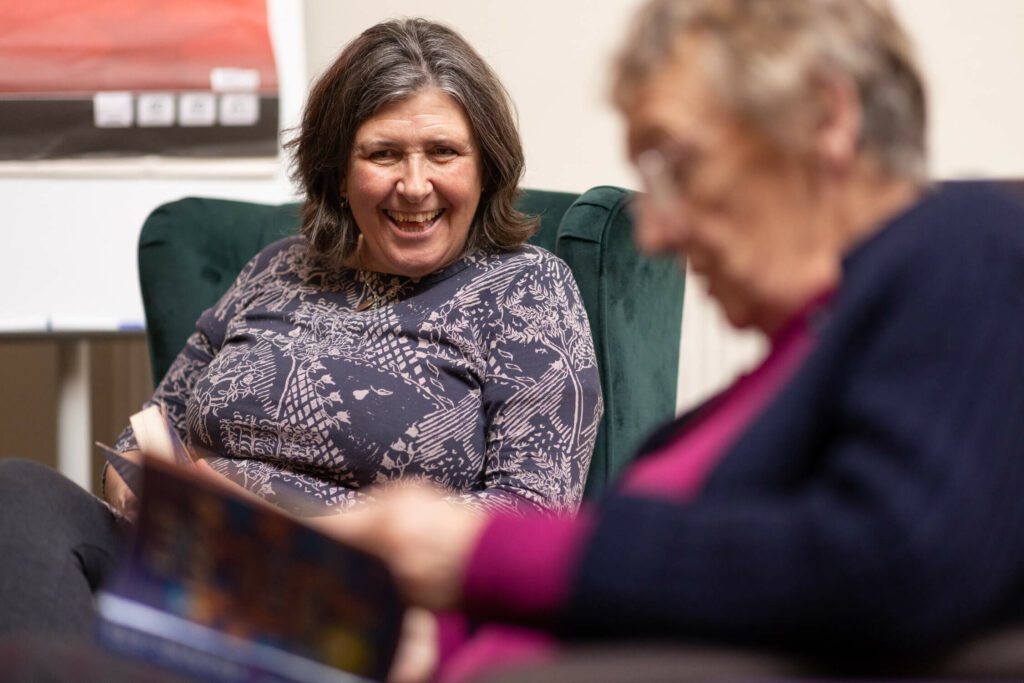
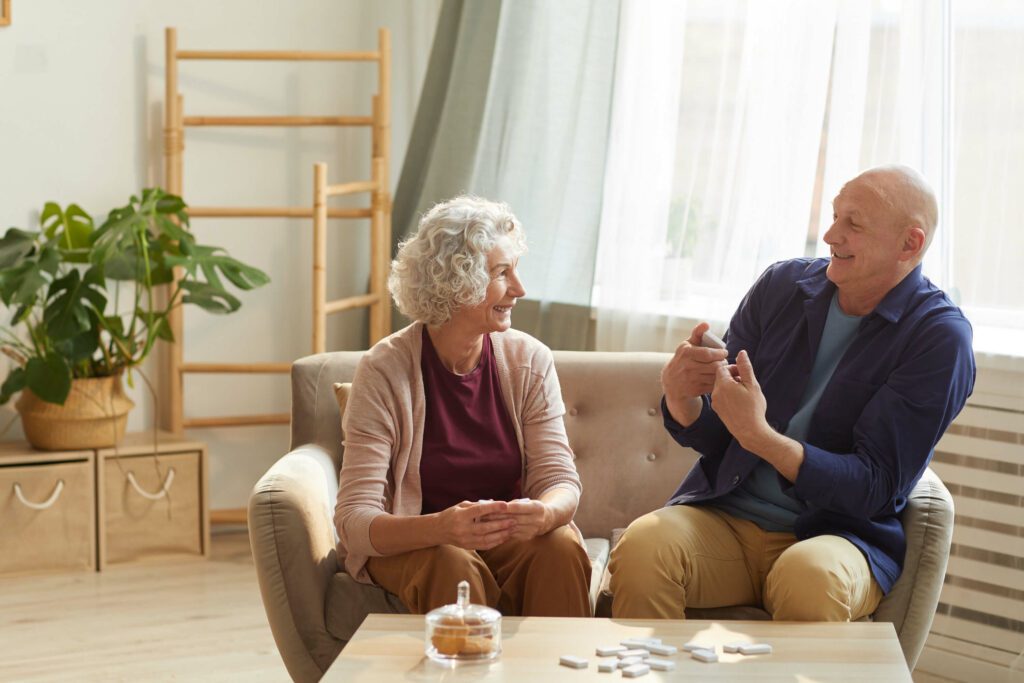
Independent mental capacity advocacy (IMCA)
An Independent Mental Capacity Advocate (IMCA) supports and represents you if you lack mental capacity to make decisions on your own because of the way your mind or brain has been affected by an illness, disability or injury.
An IMCA can help you when big decisions need to be made about:
- Your medical treatment. They will represent you when decisions are being made about whether certain treatments should start, continue or end.
- Changing your accommodation. They will represent you if the NHS or council want to move you to hospital for more than 28 days or other accommodation, such as a care home, for more than 8 weeks.
- Safeguarding incidents. If you are involved in an incident requiring a Safeguarding Adults from Abuse decision to be made, your advocate will represent you.
Get support from POhWER
POhWER helps people who, because of disability, illness, social exclusion and other challenges, find it difficult to express their views or get the support they need. They’re a charity, and the advocacy, information and advice services they provide are free, independent and confidential. We spoke to POhWER about their work.How do I find advocates in health and social care?
There are a variety of national and local charities that provide independent advocacy and the first thing to do is just get in touch. You can do this on behalf of a family member, or for yourself.
The Older People’s Advocacy Alliance (OPAAL) is a national framework organisation which aims to set the standards adopted by independent advocacy providers.
In Scotland there is also the Scottish Independent Advocacy Alliance (SIAA).
We’ve shared some useful ways to connect with advocates below.
Find an OPAAL listed advocate
Click here to view local independent advocates that follow the OPAAL framework.
Speak to your council
Your local council should be able to provide information about advocacy services in your area.
Find a mental health advocate
Click here to discover the ways mental health charity Mind can connect you to advocacy.
Speak to PohWER
PohWER both provide advocacy services and can signpost you to specialist and regional advocates.
Once you’re in touch with an advocacy service, they’ll let you know which type of advocate you need and what the next steps are. Typically this will involve speaking with you to learn as much about your care as possible and what the current situation is.
They may also request to speak with whichever health and social care professionals are involved in your care. This is just so that they can build up as clear a picture as possible about what’s going on and how to help you.
Why should you turn to support from advocates in health and social care?
The simple fact is that it makes a huge difference. People who turn to independent advocates are at a significant advantage to those who don’t.
Care is complicated and if the time comes for you to go to hospital or a care home, whether for a short time or a longer time, it’s likely that big decisions will be made about your future.
It’s vital that, as well as your friends and family, you have a trained professional in your corner. When you do, you’ll know exactly what your rights are and what the potential consequences of your decisions are.
And, what’s more, you’ll have another person there to support you emotionally too if that’s what you want. Independent advocates are all usually lovely people who want nothing more than seeing you live the best life for you.


